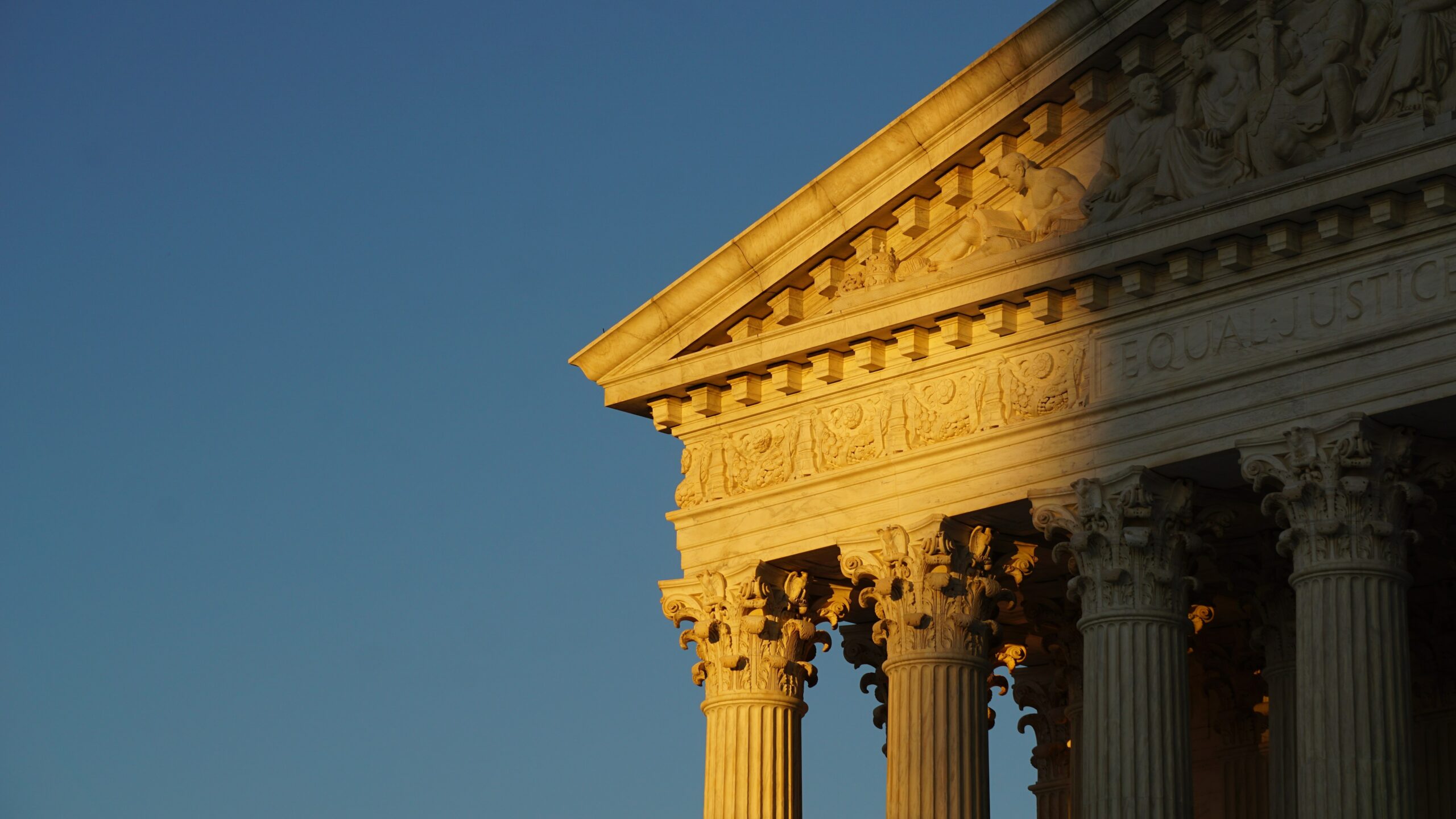Oral arguments were held before the Supreme Court last week in Carson v. Makin. The case involves a Maine tuition program whereby jurisdictions in rural areas too sparsely populated to support public schools of their own can arrange to have nearby schools teach their school-age children, or the state will pay tuition to parents to send their kids to private schools.
Those schools, however, must be non-sectarian. Schools that actively promote religion are not permitted, Maine chief deputy attorney general Christopher C. Taub said, because “Maine has determined that, as a matter of public policy, public education should be religiously neutral.”
Taub defended the state’s policy by saying that a state would also not fund schools that teach that a particular religion or all religions are bad.
Enjoy what you're reading? Subscribe for more!
Justices Amy Coney Barrett and Neil M. Gorsuch worried about the state deciding which schools relied too much on religious instruction to qualify for the state program, and whether the state investigated whether secular schools were anti-religion. “How would you even know if a school taught ‘All religions are bigoted or biased’ or ‘Catholics are bigoted’, or, you know, ‘we take a position on the Jewish-Palestinian conflict because of our position on, you know, Jews,’ right?” Barrett said.
The conservative justices also suggested the policy poses an undue burden on Orthodox Jewish parents. Gorsuch stated that one of Maine’s arguments, that religious instruction remains available to parents outside the school framework in after-school or Sunday school settings, was offensive to Orthodox Jews. “To the Orthodox Jewish family it is a burden, and to the Protestant family it would not be,” Gorsuch said.
The CJV signed a friend-of-the-court brief in support of the parents and freedom of education: “The Jewish faith obligates parents to ensure that their children are educated in religious observance in order to carry out the Torah’s commandment in Deuteronomy (VI:7) to “teach diligently unto thy children.” The amici seek to convey to the Court how this case affects that religious observance.
Read more at The Washington Post and Israel National News


